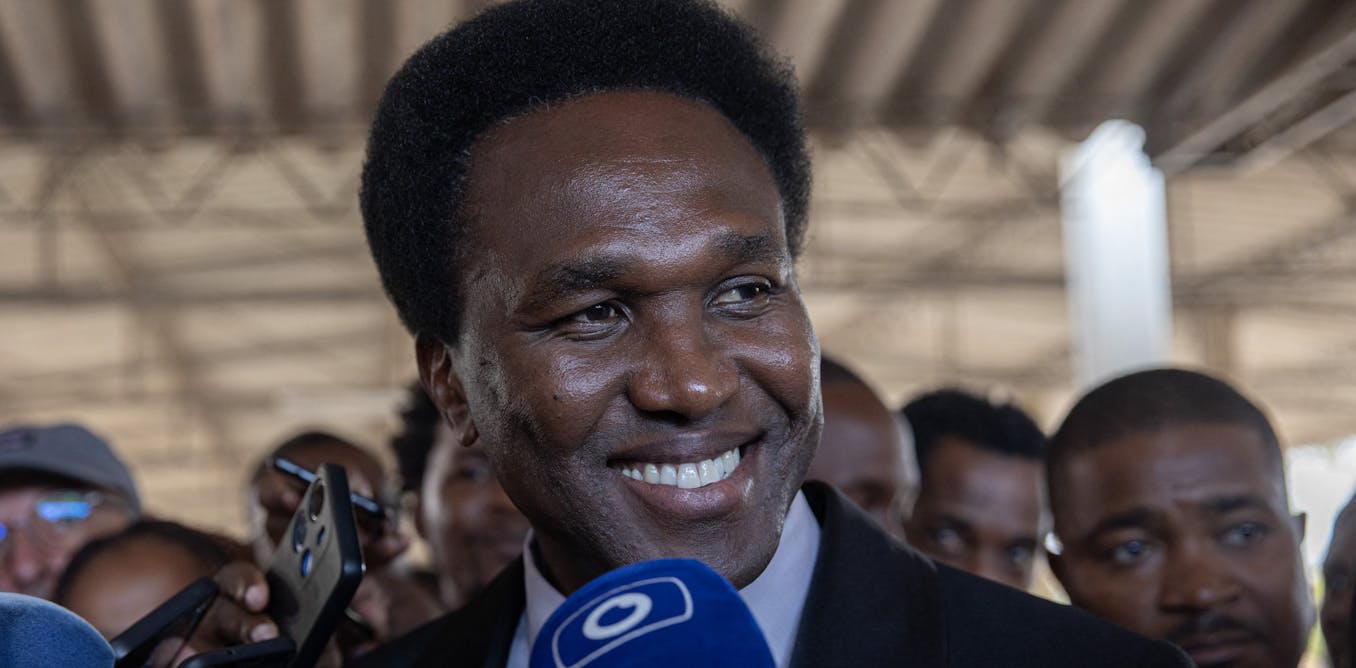The NAACP is celebrating Black History Month and its 113th birthday throughout February.
And NAACP Washington branch President Dr. Andrew Goudy said the nation’s oldest civil rights organization will continue to look toward the future and focus on equality, voting rights, criminal justice reform, Black health and wellness – this year’s Black History Month theme – and other issues.
But during a keynote address at the Canonsburg Senior Center’s Black History Month program last week, Goudy looked back, highlighting the accomplishments of African Americans over the past decades.
Goudy talked about the pivotal role African Americans have made in several areas, including the legal desegregation of schools and workplaces, and their advancements and contributions in science, politics, sports, entertainment, and more.
“We should recognize that there have been many African Americans who have done a lot to stand up for social justice,” said Goudy. “There are plenty of things to be proud of, regarding the achievements of Black Americans in many areas.”
He noted well-known African Americans – including Jackie Robinson, President Barack Obama, Thurgood Marshall, and agricultural scientist and inventor George Washington Carver – but also mentioned trailblazers such as Claudette Colvin, who was arrested in Montgomery, Ala., when she was 15 for refusing to give up her seat to a white woman on a bus, nine months before Rosa Parks did the same, and Hiram Revels, who in 1870 became the first African American senator.
Black History Month is held in February in recognition of the birthdays of Frederick Douglass and Abraham Lincoln.
Goudy also traced the history of the founding of the NAACP, which was formed following a deadly race riot in Springfield, Ill., in 1908.
On Aug. 14 of that year, a crowd gathered outside a jail in the state’s capital, where two Black men – one accused of rape and the other accused of murder – were being held. The mob became angry when they found the men had been secretly moved to another jail.
Rioters destroyed businesses in the Black business district, burned down 40 homes, and lynched two Black men – one, a 56-year-old barber, the other an 84-year-old cobbler who was married to a white woman. Several Black residents also were injured, and hundreds were displaced.
Six months later, in February 1909, the NAACP was founded by Black and white activists, in response to the Springfield riot as well as other acts of racial violence across the country.
“This group has been at the forefront of civil rights ever since,” Goudy said.
The NAACP is hosting several virtual events throughout the month, including a Black health and wellness event on at 11 a.m. Saturday featuring keynote speaker Dr. Margaret Larkins-Pettigrew.
The Black Student Union at Washington & Jefferson College also is hosting a series of events, including a Black History Month Discussion Series. The series topic for Tuesday is “Let’s Talk AAVE (African-American Vernacular English).” On Monday, the discussion topic will be “A Conversation of Intersections.” Both discussions will be held at 7:30 p.m. in the media room below Commons Dining Hall. Raffle tickets for a prize giveaway will be given to those who attend.
Washington Health System Teen Outreach is holding its annual Black History Month essay contest, with the deadline for submissions scheduled for no later than midnight Friday. Information is available on the NAACP Washington branch website.
For other events, visit the NAACP Washington branch website.





















Discussion about this post